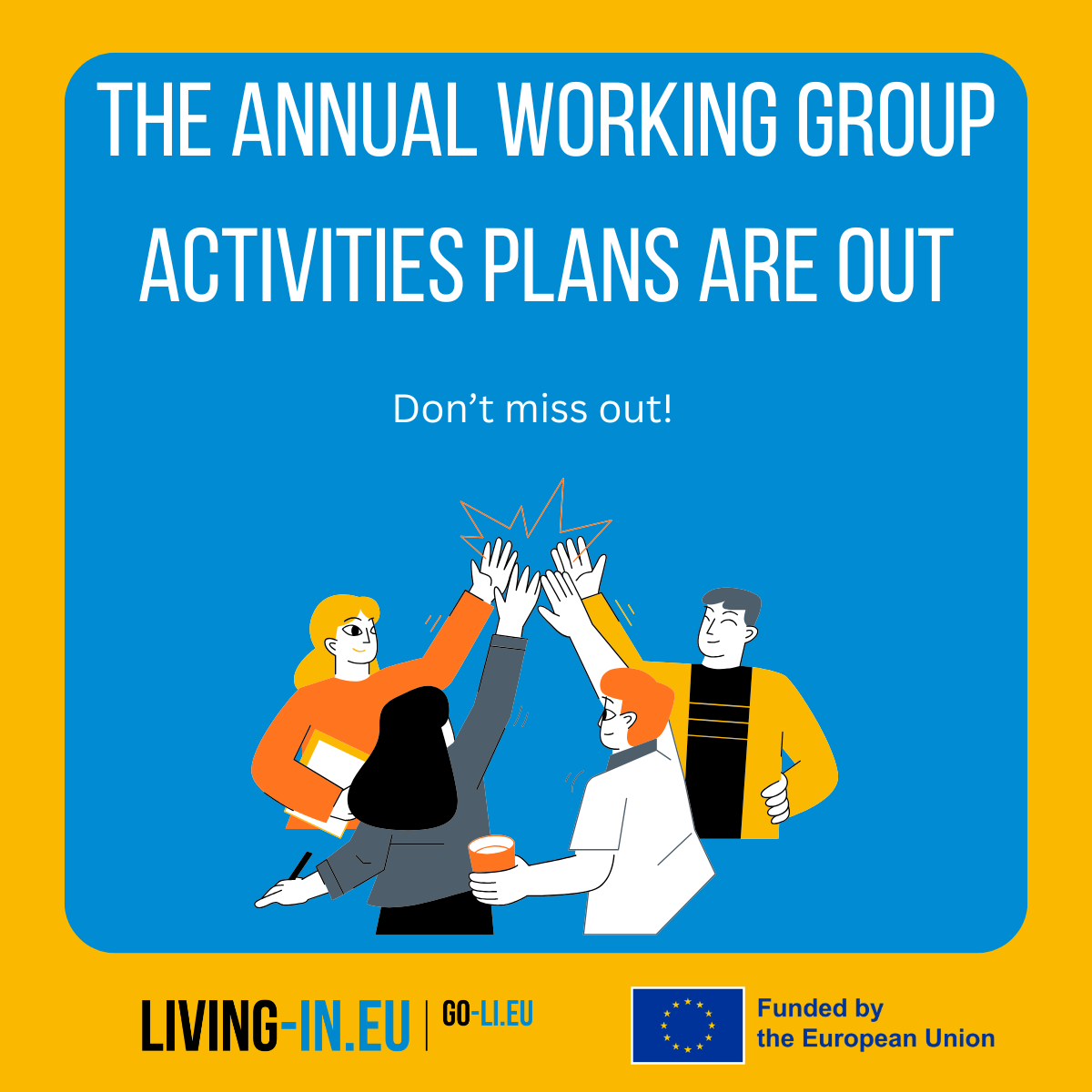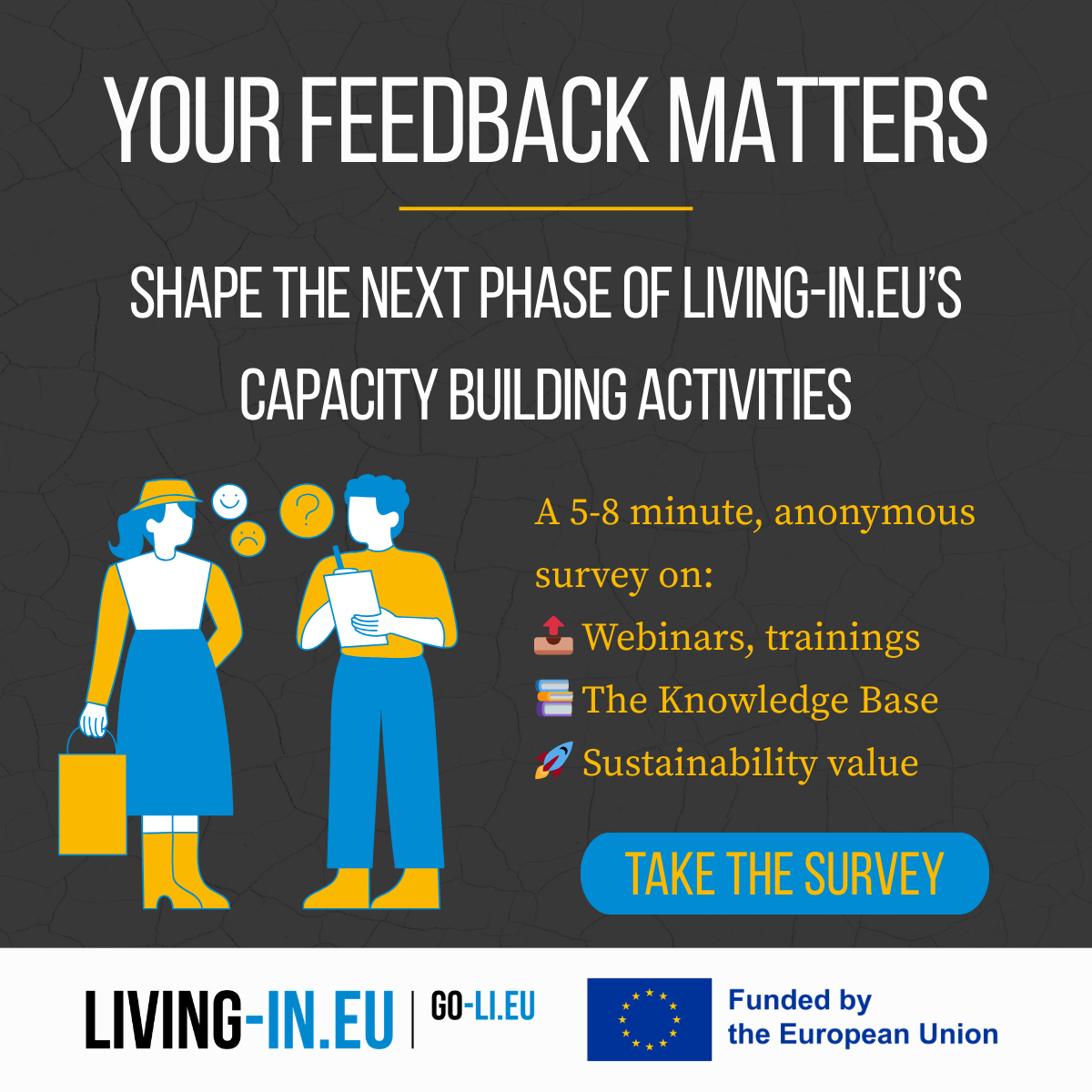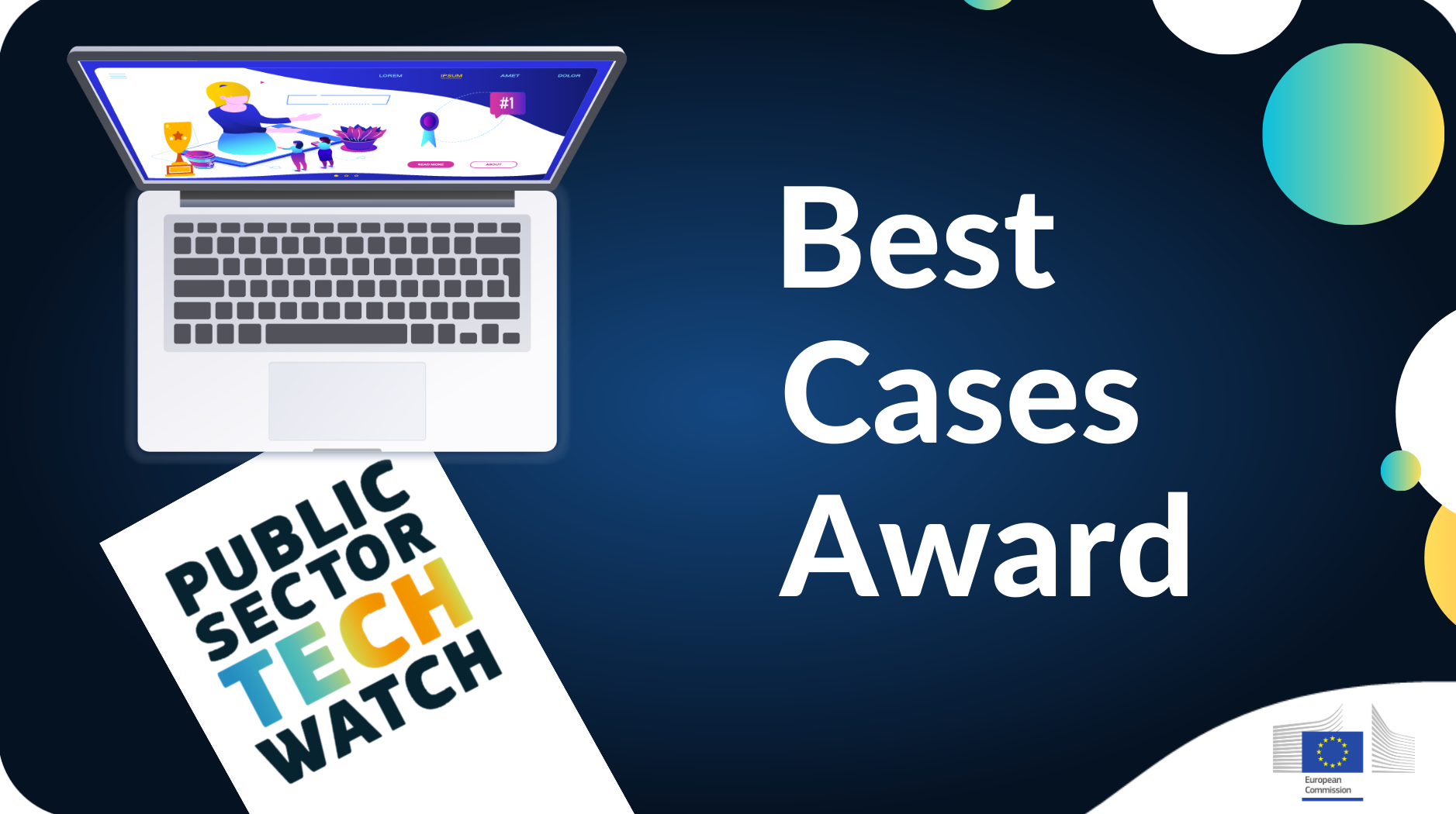Public Sector Tech Watch (PSTW), an observatory dedicated to monitoring, analysing and disseminating the use of emerging technologies within the public sector in Europe, invites public administrations from all across Europe to apply for the second edition of its Best Cases Award.
The Best Cases Award celebrates innovative public administrations across Europe that are harnessing emerging technologies such as Generative AI, Blockchain, Digital Twins, and Quantum Computing to transform public services and internal processes. You can find more about the winners of last year's edition in this article.
The Award presents a valuable opportunity for cities and regions to showcase their achievements and highlight the use cases’ impacts to a wider audience. You can find more details and information, such as the admissibility criteria, the evaluation process and the participation guidelines here.
🏆The application deadline has been extended, and public administrations can submit their case by 15 September 2025 ➡️here.
***
❓Why participate?
By submitting your project, you could:
- Be featured in the PSTW Cases Viewer, inspiring peers across Europe;
- Gain recognition at the SEMIC 2025 Conference in Copenhagen (25-26 November);
- Receive a professional video showcasing your solution if selected as a winner.
📅Key dates
- Submission deadline: 15 September 2025
- Award Ceremony: 25-26 November 2025 @ SEMIC 2025, Copenhagen
🚀Who can apply?
All European public administrations (local, regional, or national) are invited to submit their best solutions. Projects may be developed in-house or in collaboration with external GovTech providers. Please note: only public administrations are eligible to receive the award.
🏆PSTW welcomes submissions that clearly show improvements in:
- Best Government-to-Government (G2G) solutions that boost efficiency within the administrations.
- Best Government-to-Citizen (G2C) or Government-to-Business (G2B) solutions that improve public services for citizens.










